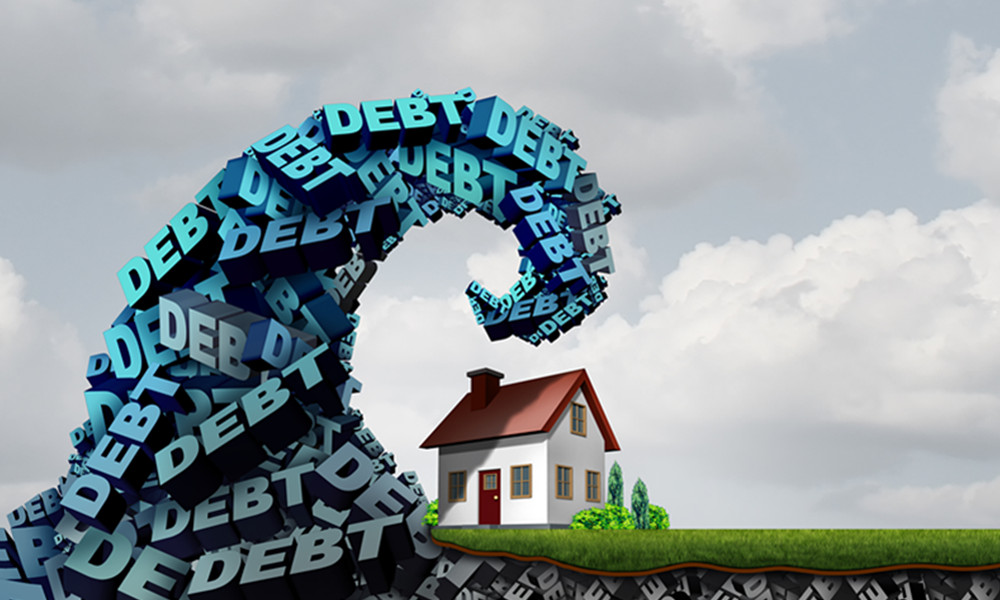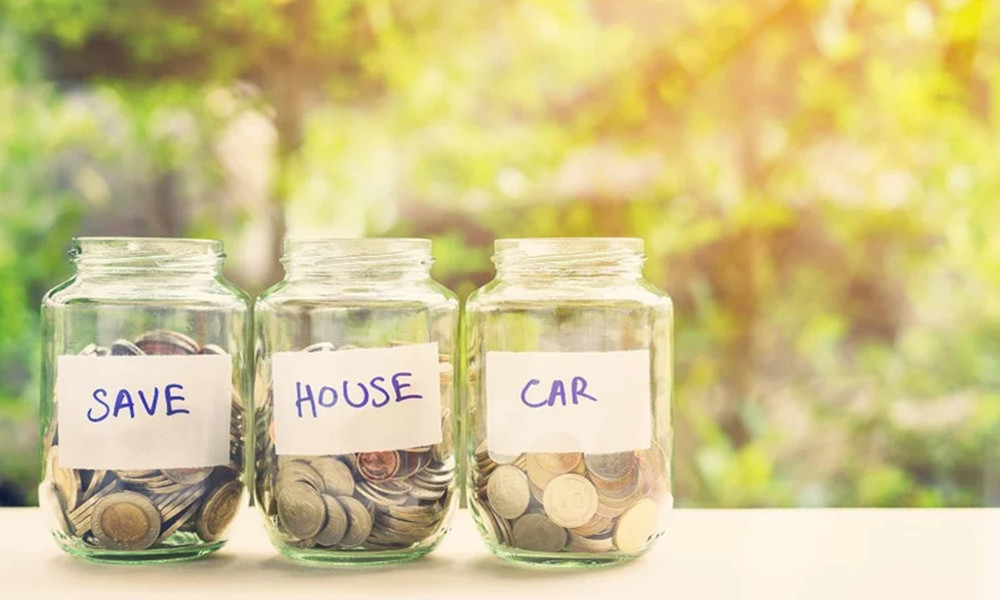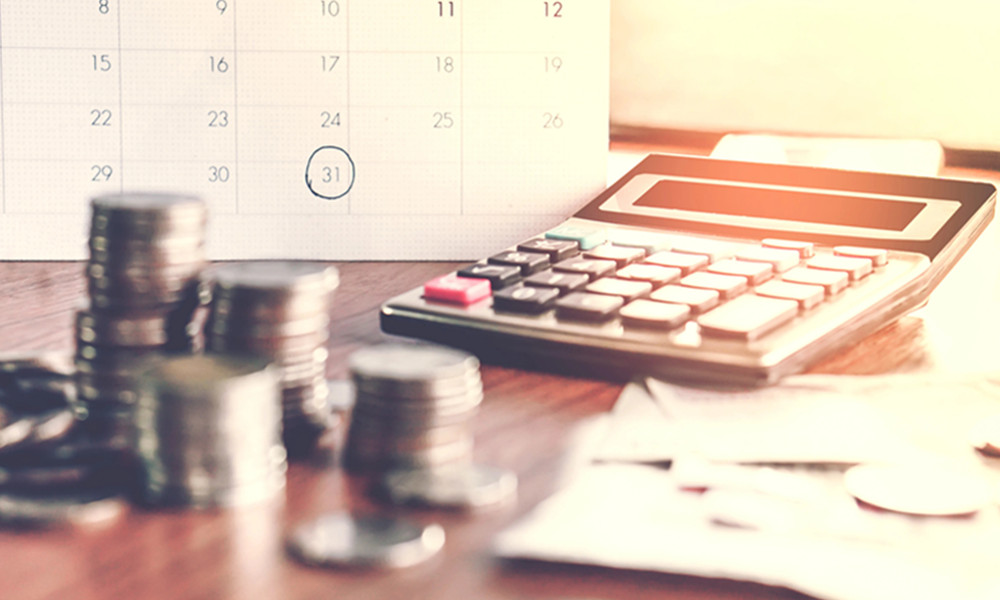1. Prioritize Your Debts – Before doing anything else, it’s important to prioritize your debts. Start with the highest-interest rate debts first so that you pay less overall over time. Also, make sure you stay current on all other payments so that your credit score doesn’t suffer any further damage from missed payments or late fees.
2. Create a Budget – Creating a budget will help you manage your spending and keep track of where your money is going each month. It’s important to create a budget that works for you and takes into account all of your expenses as well as how much money you bring in each month so that you know exactly how much money is available for repayment each month towards your debts.
3. Utilize Automation – Automating your payments can help ensure that they’re done on time each month which can help keep late payment fees at bay while also helping improve your credit score over time as long as the payments are being made regularly and consistently every month.

4 Cut Down on Expenses – To make more room in the budget for debt repayment, try cutting down on unnecessary expenses such as eating out or streaming services every now and then or shop around for cheaper insurance policies if applicable so that more of the extra income can go towards paying off debts instead of covering additional expenses not covered by the budgeted amount each month if possible.
5 Consider Debt Consolidation -If things still seem too overwhelming, consider consolidating some or all of your debt into one loan with a lower interest rate which could reduce monthly payments significantly making it easier to repay what’s owed without feeling overwhelmed by multiple creditors all at once.
By following these five tips, anyone struggling with debt should be able to start taking steps towards becoming financially free again soon enough!





